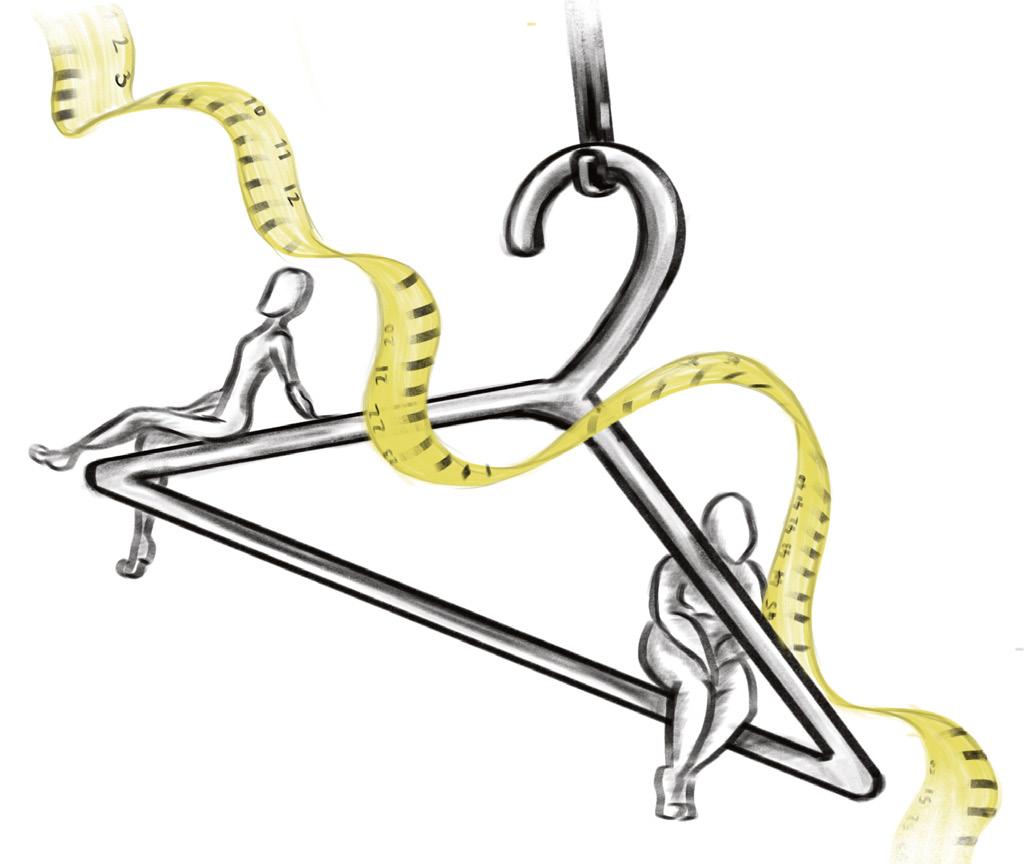
3 minute read
L’Eau et les Rêves: N NAO and the (Literal) Sounds of Spring Multidisciplinary Artist Experiments with Natural Soundscapes on Debut Album
Menel Rehab
Naomie de Lorimier, known by her stage name N NAO, is a Montreal-based dream-pop singer-songwriter. A third-year student at Concordia in the IMCA Studio Arts program, she experiments with natural soundscapes in her music. Under the heavy influences of Cocteau Twins, Jenny Jval, Bjork, Sybille Baier, and Vashti Bunyan, Lorimier’s sound is driven by ethereal, ocean-like vocal harmonies.
On March 24, de Lorimier will release her new album L’eau et les rêves, which she describes as an anthem and ode to the vertigo of falling in love. De Lorimier also hopes to emulate the adoration towards water she has always felt.
“Water constitutes us, we are made of it, so there’s this whole aspect [of it] that is very vital and essential,” said de Lorimier. “Waterfalls continuously flow, there is a form of everlasting renewal that disturbs the flow of regular time. They have the power to induce dreams and subsequent vivid imaginations.”
According to de Lorimier, the album is meant to induce a trance on listeners—one heightened by the presence of water in its accompanying abstract music videos.
De Lorimier explained that what inspired the album's title is Gaston Bachelard's ontology on the imagination of matter, L'eau et les Rêves In this book, Bachelard posits that water is the very substance of dreams.
In the same lane, said de Lorimier, this album draws from her dreams and subconscious. According to the album’s press release, “Lyrics about dreams, romance, nature and healing stream along sinuous banks as the transdisciplinary artist erects both sonic and luminous canvases where to lay her startlingly iridescent musings.”
Taking a break from her studies due to the launch of this upcoming album, de Lorimier notably drew from classes of her Studio Arts program at Concordia, including performance, video, ceramics, and sculpture. Specifically, many of the songs on this album took shape from extensive sampling.
De Lorimier explained that through sampling, she hopes to mimic the frenzy of the natural world. Her experiments with these samples are inspired by her frequent expeditions into nature.
For the beginning of “Tout Va Bien,” for example, de Lorimier sampled the sound of rain she’d recorded during a walk. “I have a lot of tools to record, be it cameras or recorders; cassettes, digital recorders too… I drag them around when I go on expeditions,” explained de Lorimier.
“I archive things… sounds, flowers, fragments of anything I find when I walk in a forest. I like to take my camera, collect footage of sound and images and put that on magnetic tape,” de Lorimier added.
Both de Lorimier and her boyfriend, Charles Marsolais-Ricard, who collaborated with her on the project by providing artistic direction and arrangements, sought to explore how multifaceted music is.
They explained this album was collaborative in nature as they did not limit the people they worked with. De Lorimier and Marsolais-Ricard invited Samuel Gougou, Lisandre Ménard, and Étienne Dupré to play with them during the recording process.
“The project takes so many different forms, whether it's just a folk version when it's just the two of us, or in a more experimental trio or in a large group in a slightly more orchestral way,” said Marsolais-Ricard. “This project made me discover that there is no precise medium. It's more the project that is a medium. [There’s no] limitations with the forms it could take.”
For collaborations, de Lorimier and Marsolais-Ricard directed the choice of tones and aesthetic scope of each instrument. Aside from this, they explained, contributing musicians were offered artistic freedom in regards to how they played.
Since this album will be released in spring, de Lorimier said she tried to highlight the feeling of wanting to open up after winter, after hibernation. Rocking her listeners with the vastness of her music’s melodies and composition, de Lorimier hopes to convey her love for her profession through a sense of aerial softness.
“I would like to seek out an alternative audience of music lovers all over the world. To create a community that is not just francophone, I hope my music can transcend language,” said de Lorimier. “The music industry is a bit chaotic at the moment… It feels like the end of the world, but I'm gonna keep fiddling on the boat while it's sinking.”








